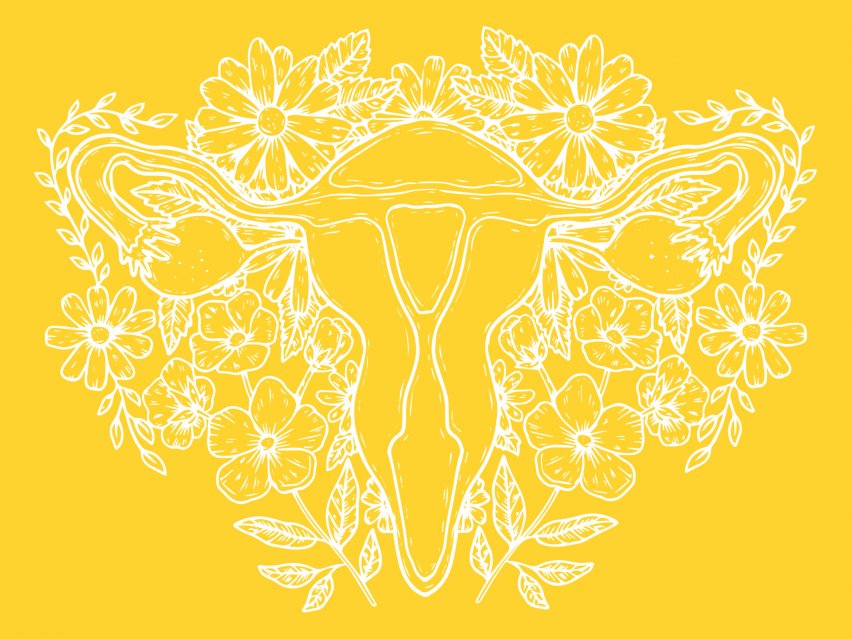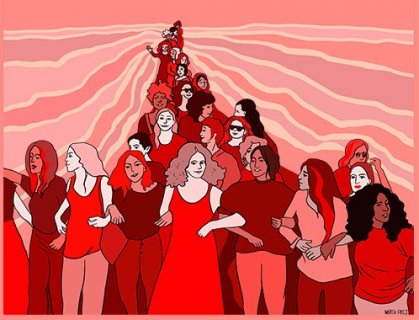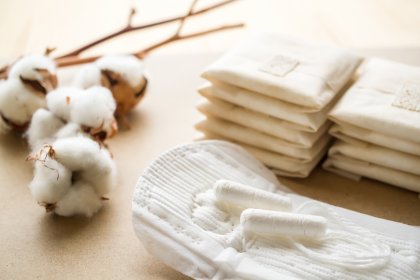Menstruation

Access to complete menstrual health and hygiene is a basic human right. Without it, women and girls cannot pursue full lives with dignity and confidence. It is deeply unfair that girls in all parts of the world miss out on better education and opportunities because they were too poor to have a period. We have neglected this issue for too long.
What’s clear, is the need to unite the international community on global standards for reducing period poverty, and better fund those programmes that deliver the highest impact for women and girls who every month have to choose between a meal or a sanitary pad.
I invite the international community to join me and work together to end period poverty.
Dominika Kulczyk, President of the Kulczyk Foundation
Period Poverty: what is it and how to fight it? A global report
Research on period poverty reveals that it has been neglected for decades – there is a lack of necessary data on the most effective way to support women and girls suffering from it.
Women in the Labour Market. Gender equality is still a myth [video].
Recent years have seen the issue of gender equality in the labour market increasingly at the forefront of discussion. Seemingly, the situation has much improved. Women have started to take prominent positions and business organisations undertake various initiatives. Have things indeed improved? We sat with Dr. Ewa Rumińska-Zimny of the Congress of Women Association and Karolina Adrian of the Share the Care Foundation to talk about the situation of women in the Money.pl show.
The period. It’s biology, not a problem.
Many teenage girls experience negative situations related to their monthly periods. In addition to physical discomfort, this involves being stigmatised by peers or having to cope with a lack of access to hygiene products. We explain how to fight period poverty and build positive relationships, first with your own body.
Our bodies: incredible machines
Hundreds of various processes take place in a female body every day, not only in the digestive system, but also in the endocrine and reproductive systems. During the menstrual cycle, certain changes occur that affect your body and emotions. Menstruation? It is fascinating!
Menstruation legislation is underway. It can change lives of many women and girls.
Until recently, nobody had heard of menstrual poverty. However, nearly 40%of Polish females from poor households have had to forgo the purchase of menstrual hygiene products in favour of other expenses, and every fifth woman in the country struggles to buy appropriate pantyliners and pads. A draft law has been prepared to change that.







